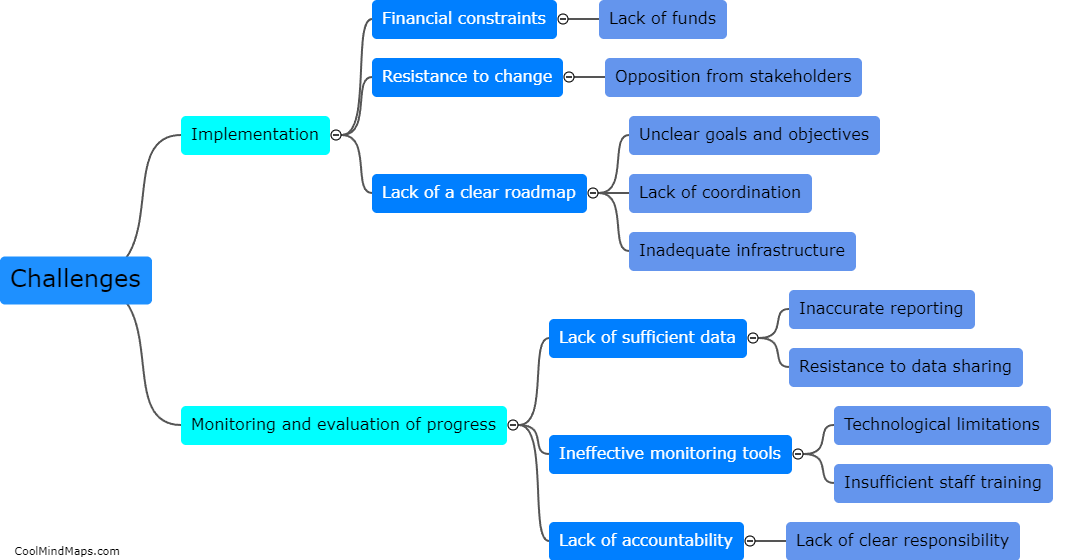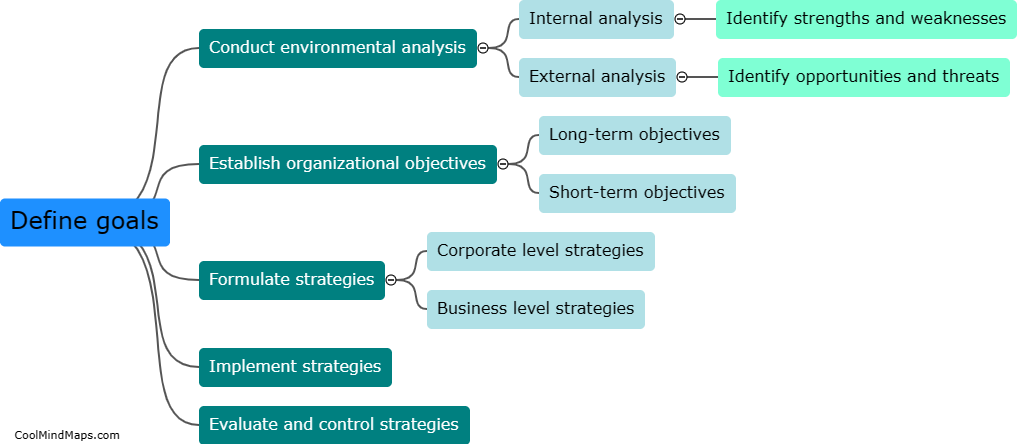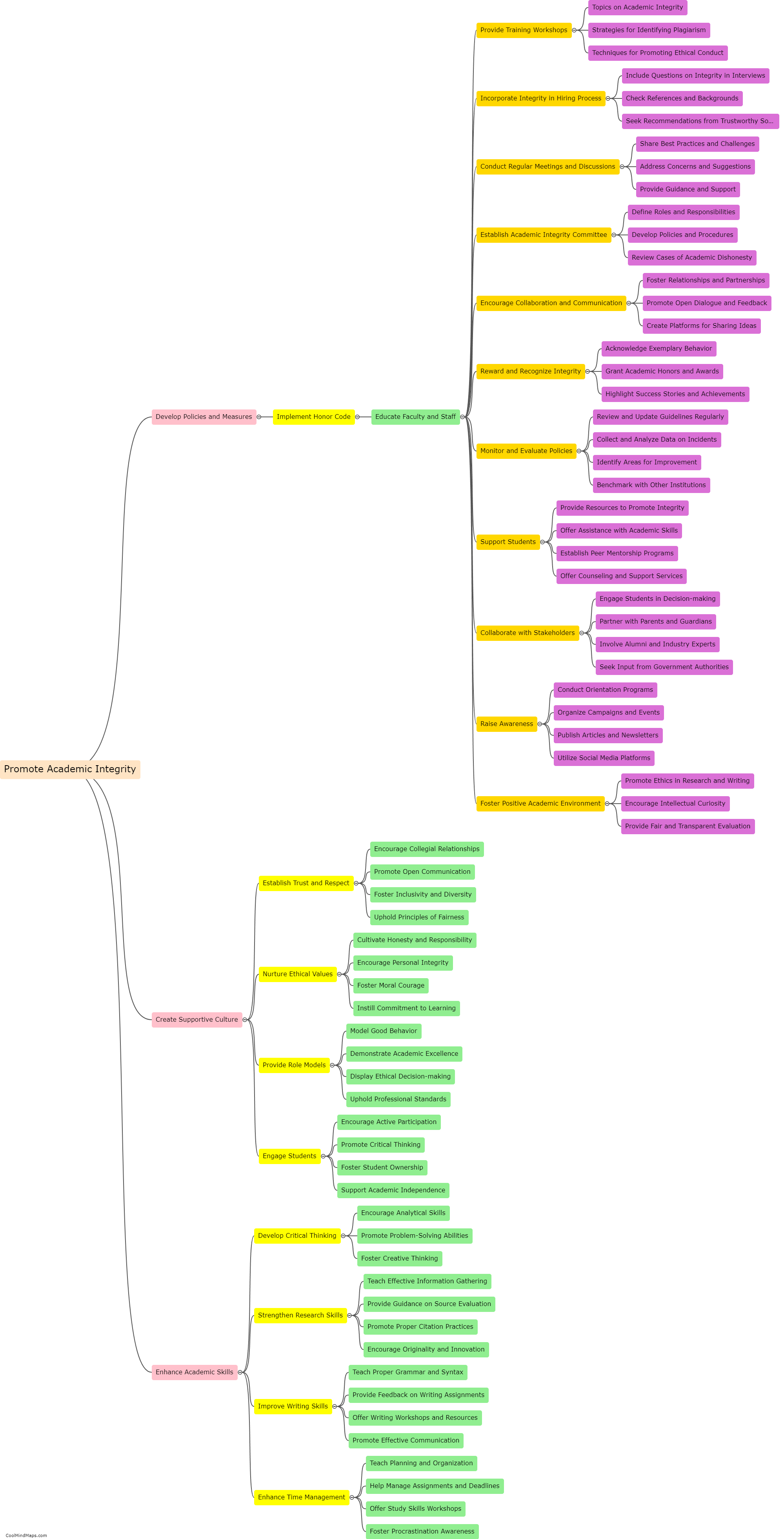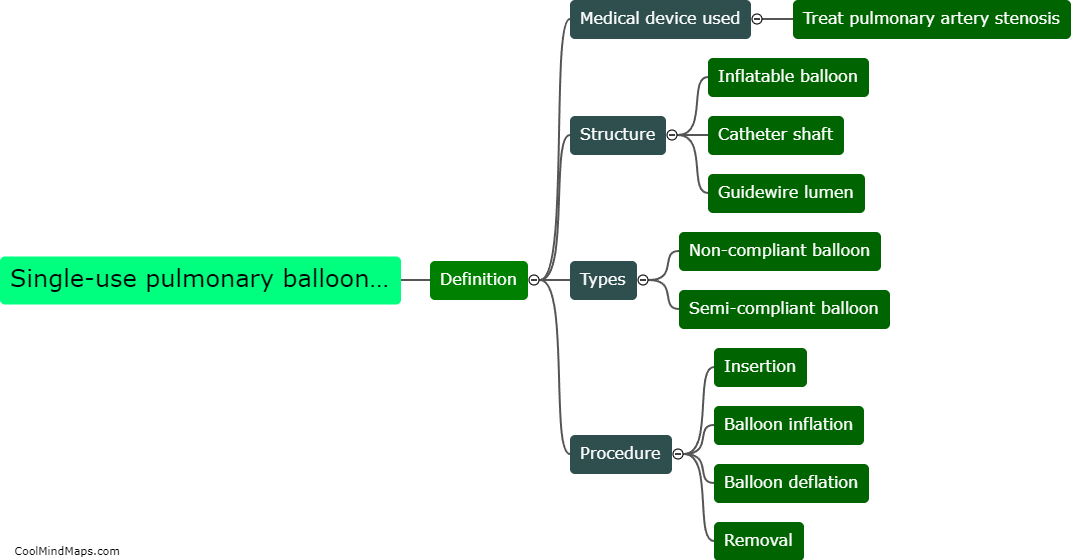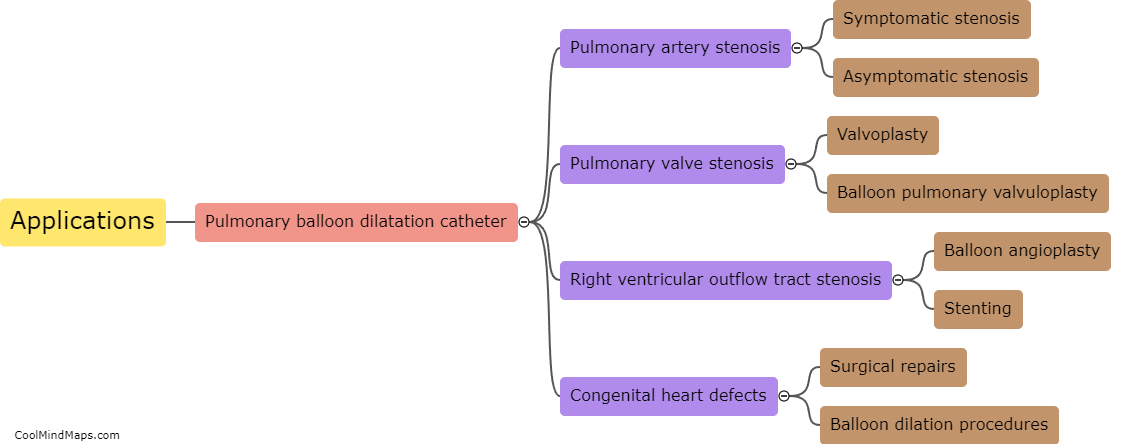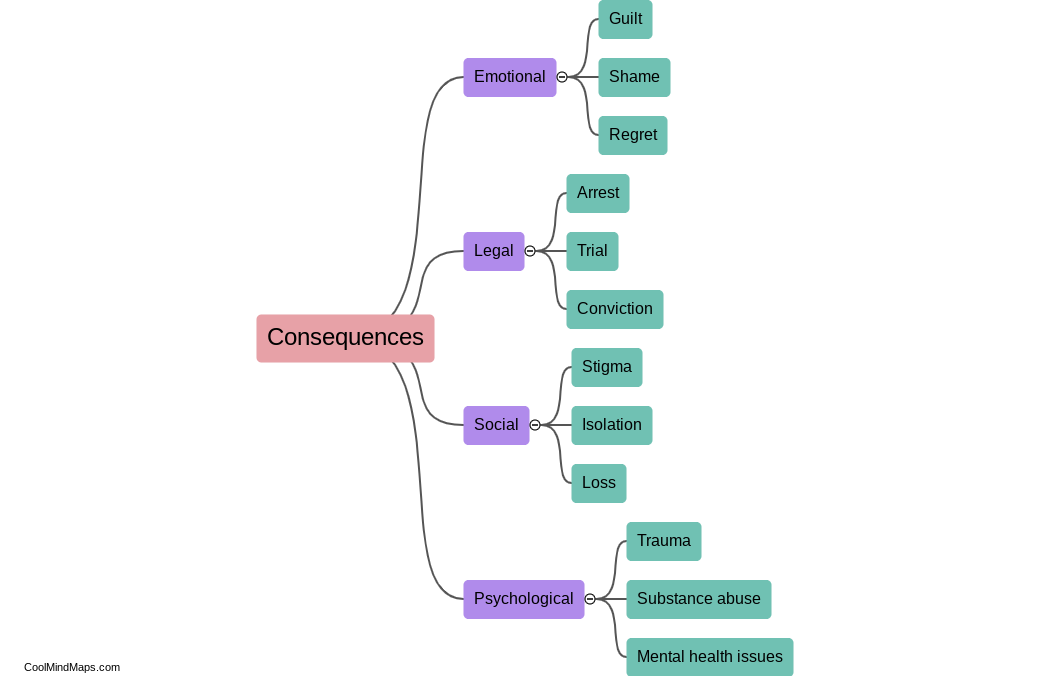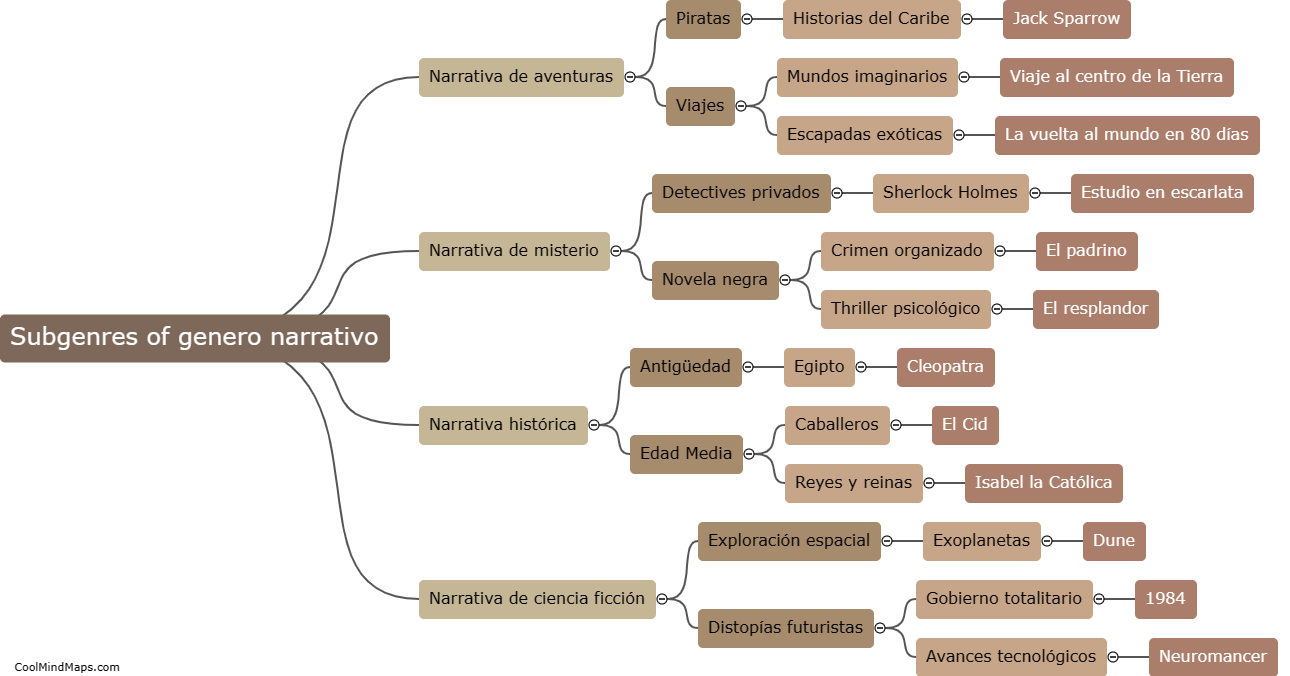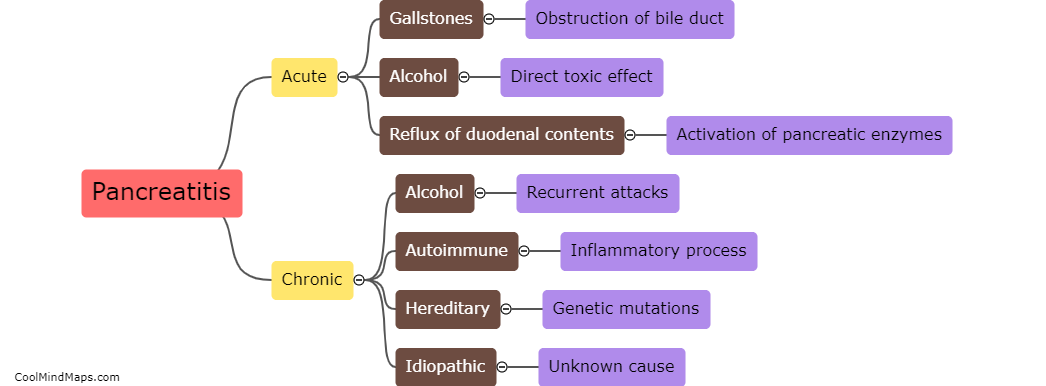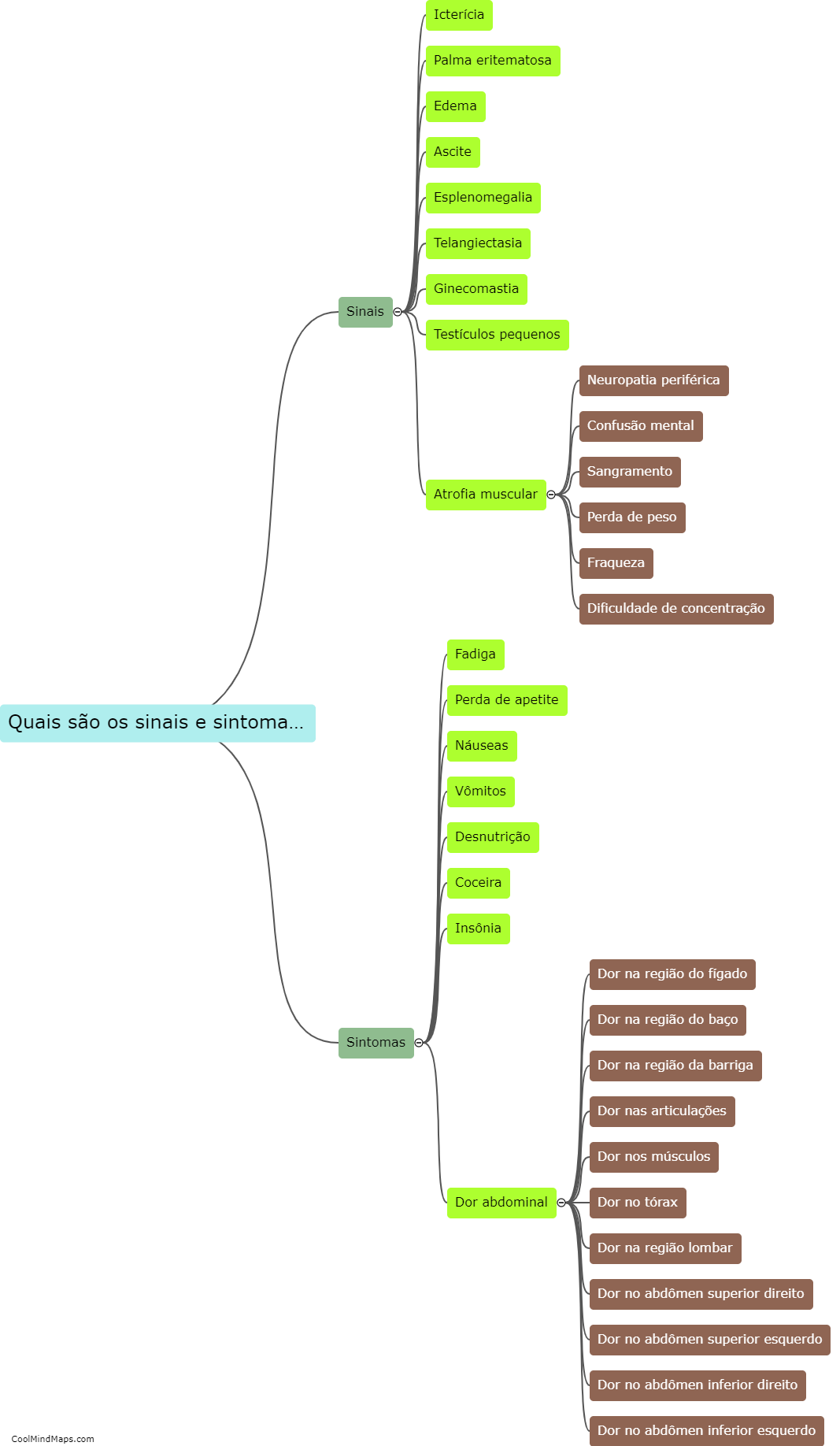What is glycolysis?
Glycolysis is the metabolic process by which glucose, a sugar molecule, is converted into two molecules of pyruvate, along with the generation of a small amount of energy in the form of ATP. This foundational pathway plays a central role in cellular energy production in all living organisms, including humans. Glycolysis occurs in the cell's cytoplasm and does not require oxygen, making it an anaerobic process. It is the first step in both aerobic and anaerobic respiration and serves as a key source of energy for various metabolic pathways. Overall, glycolysis serves as a vital process for breaking down glucose and obtaining energy for cellular activities.
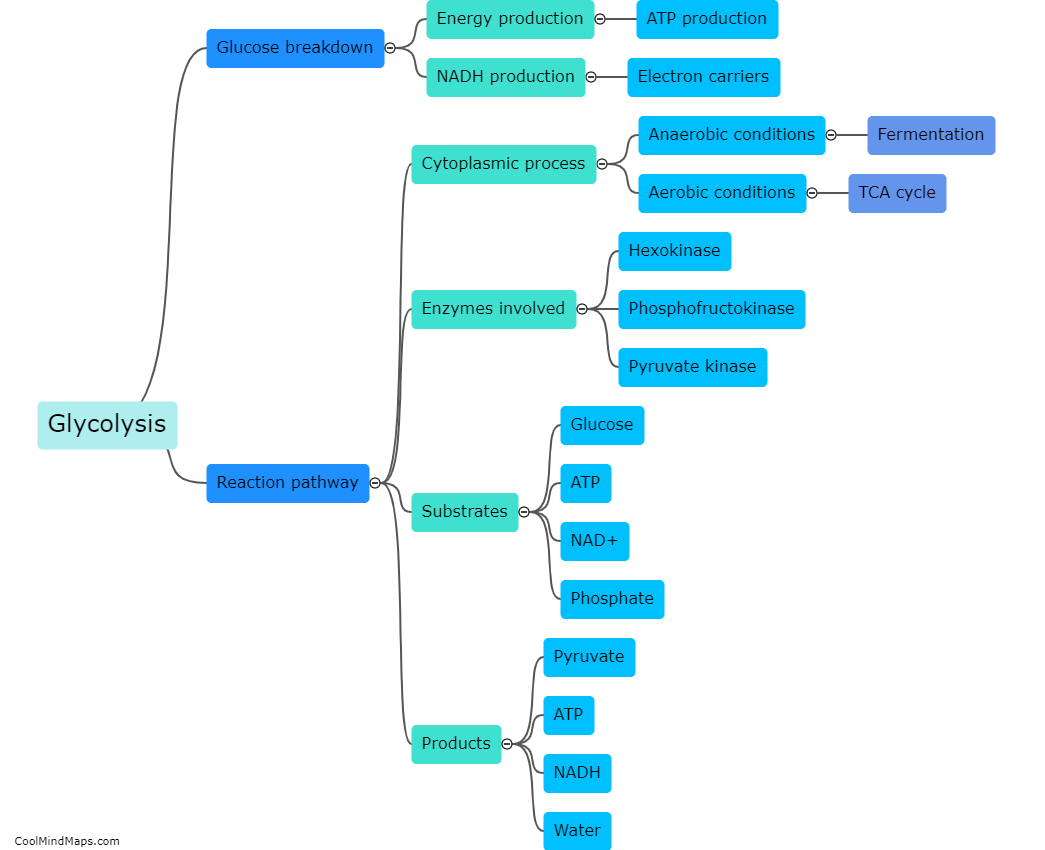
This mind map was published on 31 October 2023 and has been viewed 123 times.
